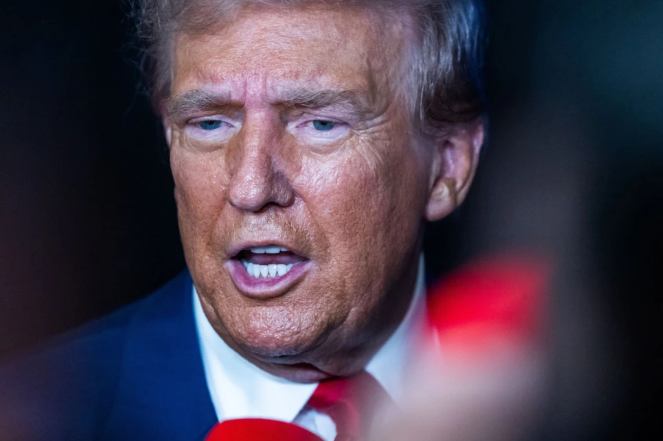The newly elected U.S. President Donald Trump is determined to end the “madness of war” in Ukraine. However, for America’s European allies, this means they will have to contribute significantly more in economic and military aid to Kyiv as the U.S. scales back its involvement in Europe and the ongoing conflict.
This belief is widely shared among political circles, governments, and analysts within the EU. The German publication Eurointelligence further notes that, if Trump succeeds in brokering a deal between Russia and Ukraine to end the war and initiate peace negotiations, “it will bring immense relief to the European Union, which can no longer afford to finance the war and is desperately seeking its conclusion.”
In its analysis titled “Geopolitics Without Money”, Eurointelligence explains that Brussels is currently debating a €500 billion fund for joint defense and arms manufacturing. This comes as Europe faces a shortage of weapons to supply Kyiv. However, Germany and certain other EU member states strongly oppose financing this fund solely through additional debt.
“The European Union is built on an economy that is losing ground compared to the U.S. and China. While it aspires to be a geopolitical force, its low economic growth and excessive budget deficits leave little room for maneuver,” the German site points out.
Large budget deficits have led to significant political crises and government collapses in key EU nations. France and Germany are struggling, Italy faces massive deficits and public debt, and the EU’s new foreign policy chief, Kaja Kallas—a strong supporter of Kyiv—has openly admitted that the war in Ukraine, now entering its third year, is becoming “hard to explain” to citizens. Observers also note that the Russian military is slowly but steadily advancing on the battlefield.
Italy’s Foreign Minister Antonio Tajani has stated that the “senseless war in Ukraine” will likely end by 2025, echoing predictions made by Trump’s advisors.
Ukrainian President Volodymyr Zelensky, after meeting Trump in Paris, expressed his “deep gratitude” to the U.S. President for his commitment to ending the war in a fair manner.
Media outlets and analysts across the EU agree that the war can only end and peace negotiations can start if Russia shows readiness to engage. However, Russia has its own conditions for making that happen.
The only figure still firmly pushing for more arms deliveries to Ukraine is NATO Secretary General Mark Rutte. Even NATO insiders, however, admit that strengthening the Ukrainian army is necessary for Kyiv to enter peace talks from the strongest possible position.
Western media have reported various versions of an American peace plan. Whether and when armed conflict can be stopped remains to be seen. Trump himself described the war as “a conflict that should never have started and could last forever,” warning that such a scenario would be disastrous—especially for Europe.
The incoming U.S. President has made it clear that he expects Europe to dramatically increase its defense spending within NATO. His statement that Europe “doesn’t buy cars or food from the U.S., yet we’re expected to spend to defend them” has been met with visible unease in the EU.
Trump has also emphasized that “the U.S. will absolutely leave the Atlantic Alliance unless Europeans pay their share.”

